The flow of trash never stops and will grow as our population grows.
Population hits 7 billion.
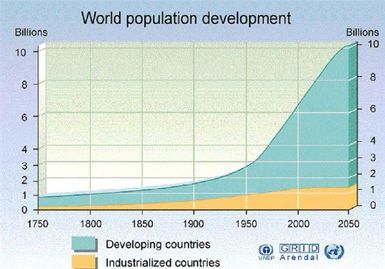
By learning how to recycle more efficiently we can cut raw material costs and our dependency on other countries for resources. New virgin raw materials will almost always be more expensive than recycled materials in one way or another. With petroleum based plastic, half the burden is getting the oil to the US from the foreign country it was purchased yet for years we have turned around and shipped our recycled resources out to other countries.
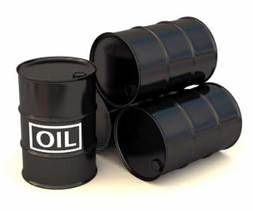
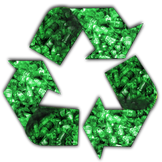
Recycling PET plastic is a perfect example of how we can continue to use the oil we already have instead of buying new oil. Amazingly we could recycle PET plastic almost forever instead of burying it in a landfill or burning it in an incinerator. For manufacturers, using recycled materials can save money on the cost of goods, while developing products made from recycled materials creates new jobs.
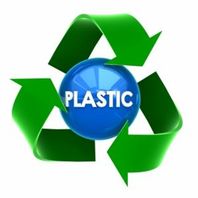
Recycling Improves Our Food Supply
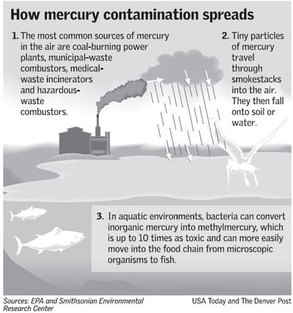 Click picture to view larger image.
Click picture to view larger image. 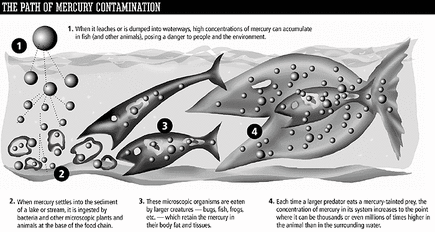 Click picture to view larger image.
Click picture to view larger image. 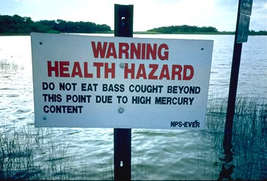 Click picture to view larger image.
Click picture to view larger image. Until we stop dumping toxins into the same places we are pulling our food from, we will continue to poison ourselves and risk the high price that comes with exposure, greater risk for cancer and other diseases. Pregnant women can no longer safely eat certain fish without risking permanent damage to their child.
Why Aren't We Recycling More?
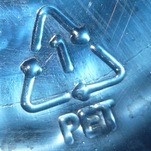
Are Plant Based Plastics the Answer?

The fact is our recycling facilities are not set up for these bio plastic products so they are rejected and sent to the landfill or contaminate the PET recycling process making it harder to separate out the usable material. Using our food for plastic with so many people still going hungry seems like a bad choice. With over 95% of our corn Genetically Modified without the permission or knowledge of the people, this practice further pushes a science that we have no long term studies to demonstrate safety to humans or the environment. We are using people as experiments without them knowing and allowing living genetically modified organisms and their pollen to migrate and infiltrate the genetic material of all our plants and even our own gut bacteria.
Devastating Consequences of Not Controlling Trash
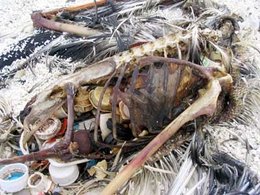 Click the picture to view a larger image.
Click the picture to view a larger image. There are already large collections of garbage in our oceans. Double it, and then double it again and you have the idea of how big the problem will be even 10 or 20 years from now. Fish found in some areas are now testing for as high as 20% plastic content. Fish, birds, and other aquatic life are being found with all kinds of plastics, cigarette lighters, and other trash in their dead bodies. They mistake this floating garbage for food. Doubt any of us want to see our garbage end up in the ocean or killing wildlife.
By recognizing we have a problem, and taking ownership of our own trash, we can start to move to a problem solving phase that can open the way for new solutions.
Recycling Saves Money$
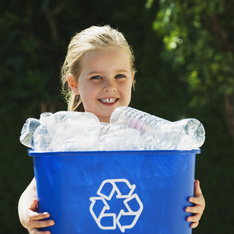
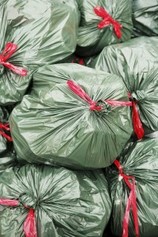
Manufacturer Leadership in Recycling
Making the worlds first water bottle that has already been recycled.
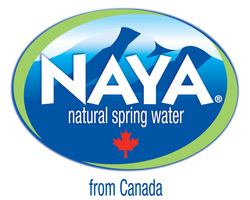
 Click to learn more.
Click to learn more. 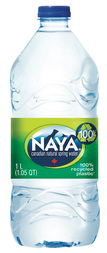
Recycled PET is actually an energy source that can be reused over and over thus eliminating the need to tap into new resources. Much less energy and water are used to produce recycled plastic than using new virgin plastic. A 100% rPET bottle is 100% better, 100% of the time!

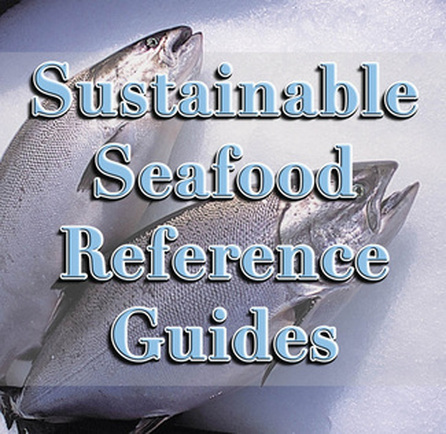
 RSS Feed
RSS Feed
